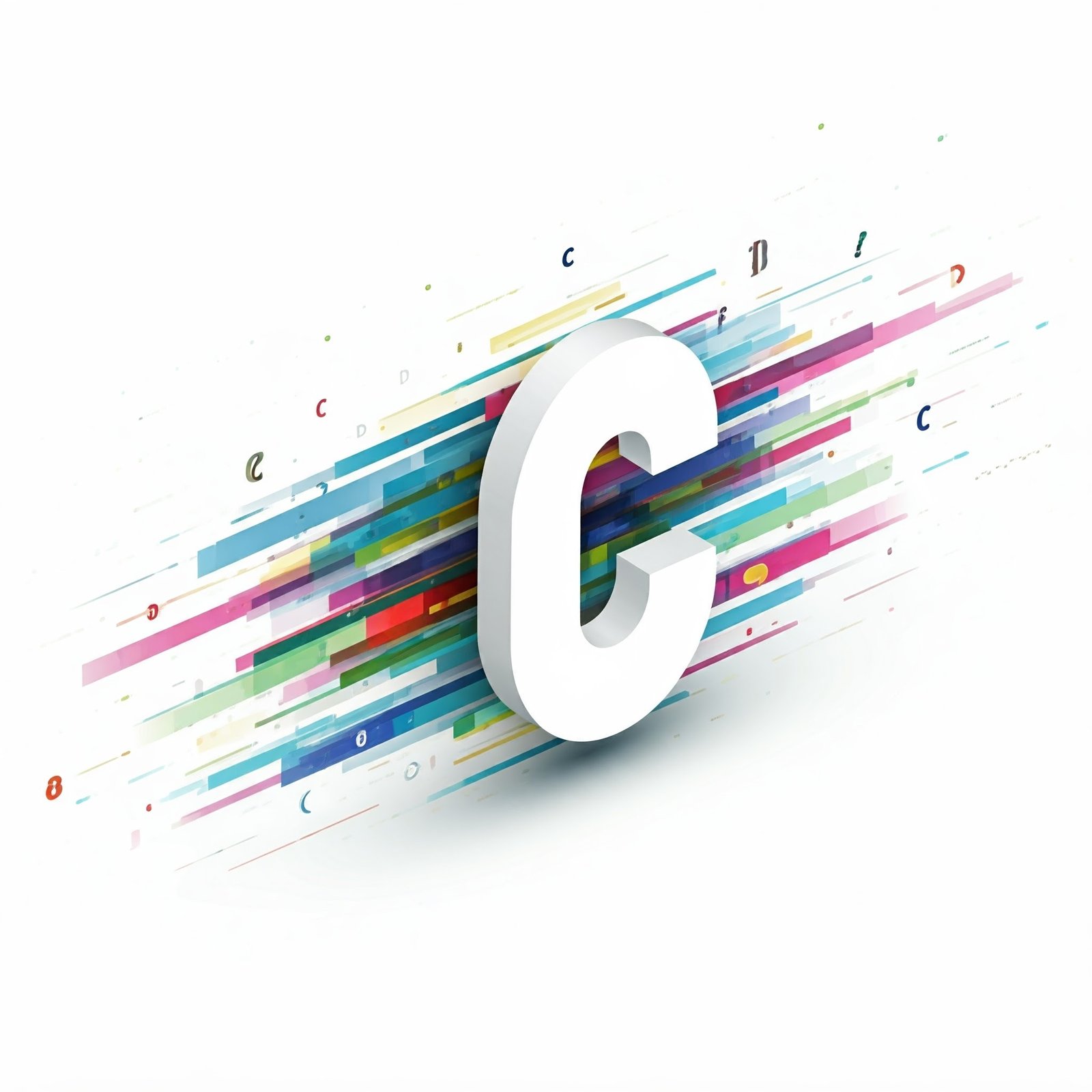#include <stdio.h>
void decimalToOctal(int decimal) {
int octal[50]; // Array to store octal digits
int index = 0; // Index for octal array
// Continue dividing the decimal number by 8
while (decimal > 0) {
octal[index] = decimal % 8; // Store the remainder
decimal = decimal / 8; // Update the decimal number
index++; // Move to the next index
}
// Print the octal number in reverse order
printf("Octal equivalent: ");
for (int i = index - 1; i >= 0; i--) {
printf("%d", octal[i]); // Print stored remainders
}
printf("\n"); // New line after output
}
int main() {
int decimal;
// Get user input
printf("Enter a decimal number: ");
scanf("%d", &decimal); // Read the decimal number
// Call the conversion function
decimalToOctal(decimal);
return 0; // Indicate successful completion
}
Explanation:
Purpose of the Program
The main goal of this program is to take a decimal (base-10) number as input and convert it to its octal (base-8) representation. This involves breaking down the decimal number into parts that can be expressed using only the digits 0 through 7, which are used in the octal system.
Key Concepts
- Decimal System:
- The decimal system is the number system most commonly used in everyday life. It uses ten digits: 0, 1, 2, 3, 4, 5, 6, 7, 8, 9.
- Each digit’s position in a number represents a power of 10.
- Octal System:
- The octal system uses eight digits: 0, 1, 2, 3, 4, 5, 6, 7.
- Each digit’s position in an octal number represents a power of 8.
Output:
Enter a decimal number: 65
Octal equivalent: 101


Each paragraph unfolds like a delicate flower, revealing more with every turn of the page.